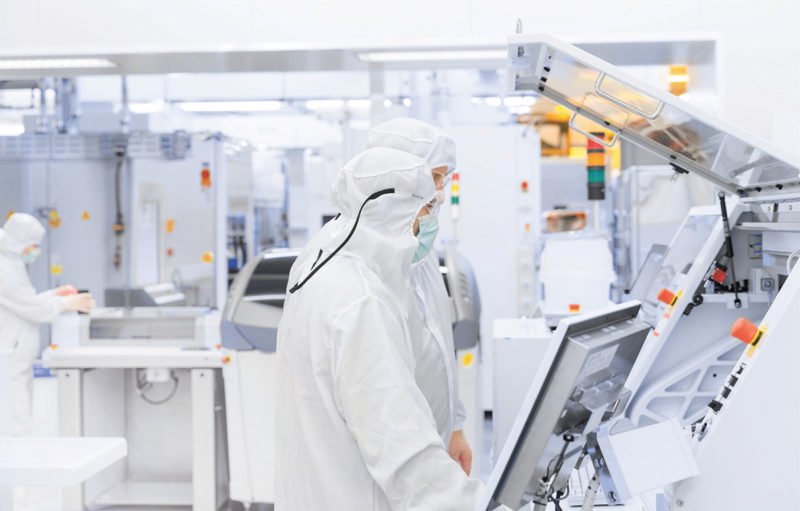Operating in an environment designed to ensure a high level of cleanliness is imperative in many sectors. Ultra-clean is no longer strictly reserved for the manufacturing of electronic components. It now extends to various fields, including the pharmaceutical industry. The objectives here are both health and safety, as contamination poses a major risk to both product users and those involved in their manufacture.

Guaranteeing the curative properties of products from the pharmaceutical industry
Drugs and other pharmaceutical products are particularly delicate. An uncontrolled bacteria, microbe, or virus can impact their healing properties and, more seriously, make them dangerous. This is why their manufacturing process follows a set of strict hygiene rules. This is where companies specializing in the creation of ultra-clean environments, better known as clean rooms, come in.
An enclosed space designed to limit the impact of chemical, biological, or particulate contamination, this type of room offers an excellent level of cleanliness. There are several classes depending on the needs. Indeed, the requirements in terms of ultra-cleanliness are not necessarily the same depending on whether the task is to manufacture a drug or to develop a vaccine.
The goal remains the same in the pharmaceutical industry, however: to prevent products from being contaminated during molecule synthesis and packaging. Therefore, nothing is left to chance in the cleanroom equipment. From furniture and decontamination tools to handling equipment, every precaution is taken to preserve product quality and the health of the people working in these sterilized spaces.
Preserving the health of technicians in the pharmaceutical industry
The pharmaceutical industry encompasses several professions. These include pharmaceutical research managers and drug manufacturing technicians. Since they handle potentially hazardous materials, a series of measures must be taken to avoid exposing their health to them. Ultra-clean regulations protect them and prevent the spread of disease caused by viruses, bacteria, or microbes they may have come into contact with.
Technicians in this sector are therefore subject to compliance with many hygiene rules. Just as is the case in the high-tech industry entry into and exit from the clean room are strictly regulated to avoid any health risks to both products and individuals. The procedures developed for this purpose must be scrupulously respected.
Still to protect technicians in the pharmaceutical industry, they are required to wear a set of protective equipment found in companies specializing in ultra-cleanliness. This includes single-use clothing, gloves, masks, and goggles. These are among the consumables specific to cleanroom work and help prevent the spread of any agents dangerous to humans.
We hear a lot about ultra-clean in the microelectronics manufacturing sector, but the pharmaceutical industry is also concerned. The stakes in this area are enormous and do not only concern the quality of medications, hence the importance of complying with the standards that are set in this area.
